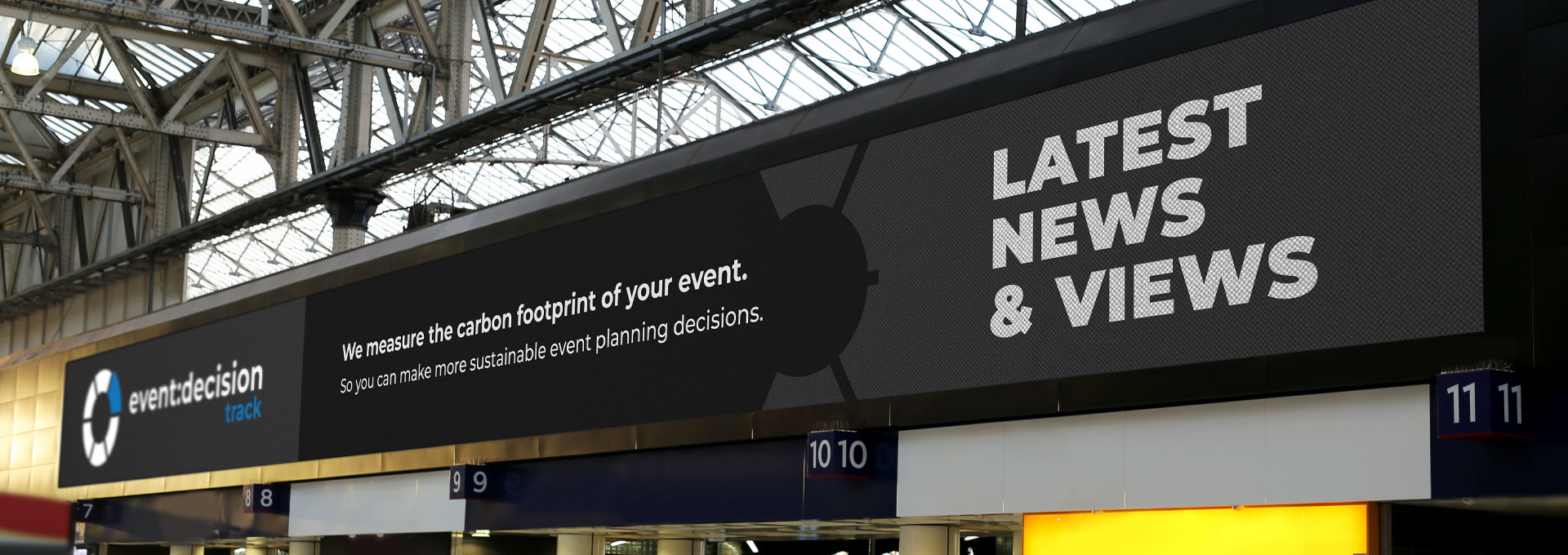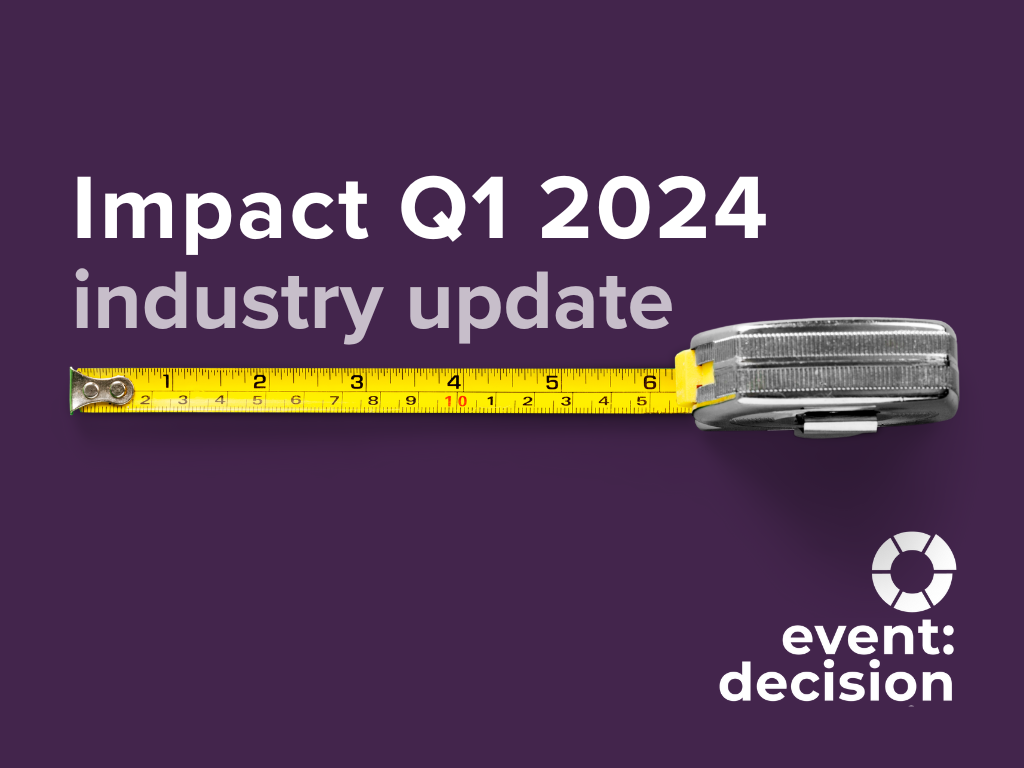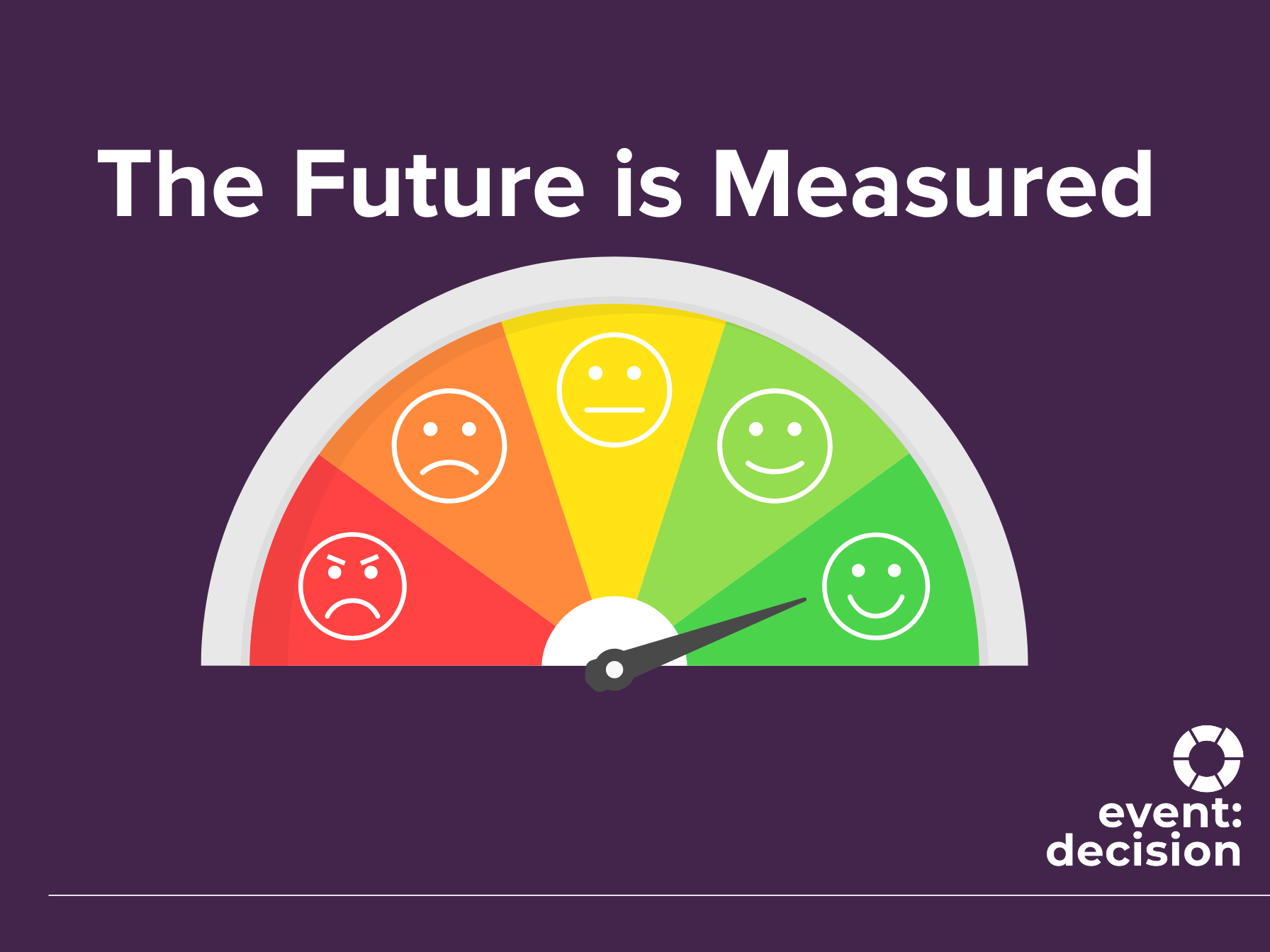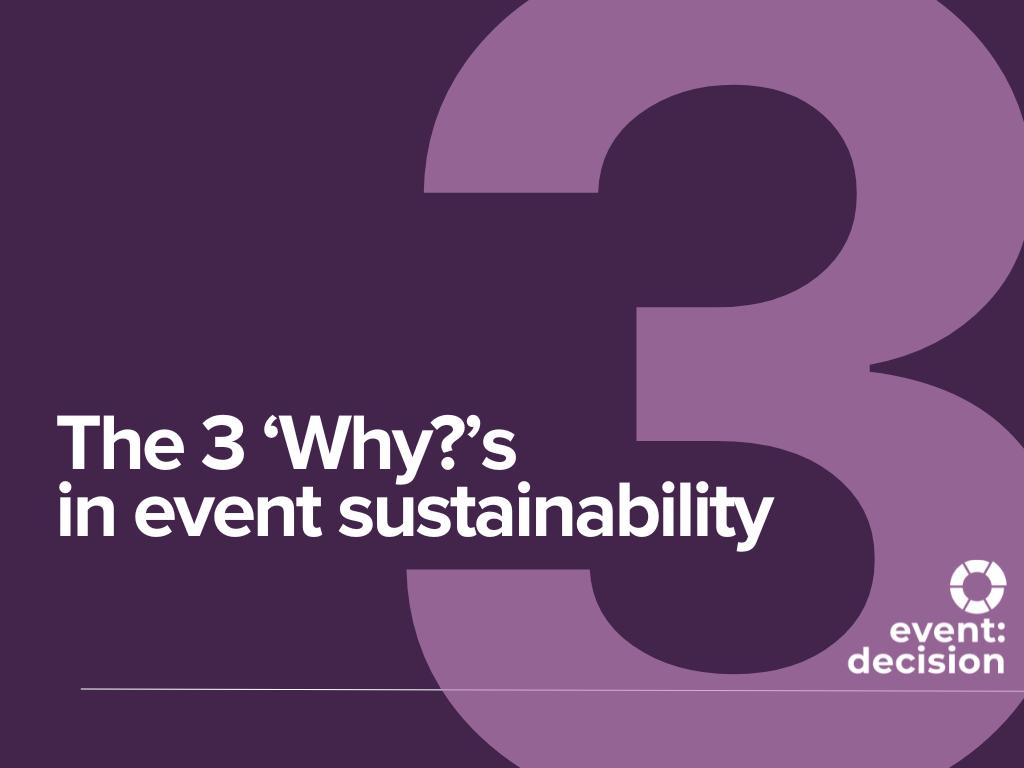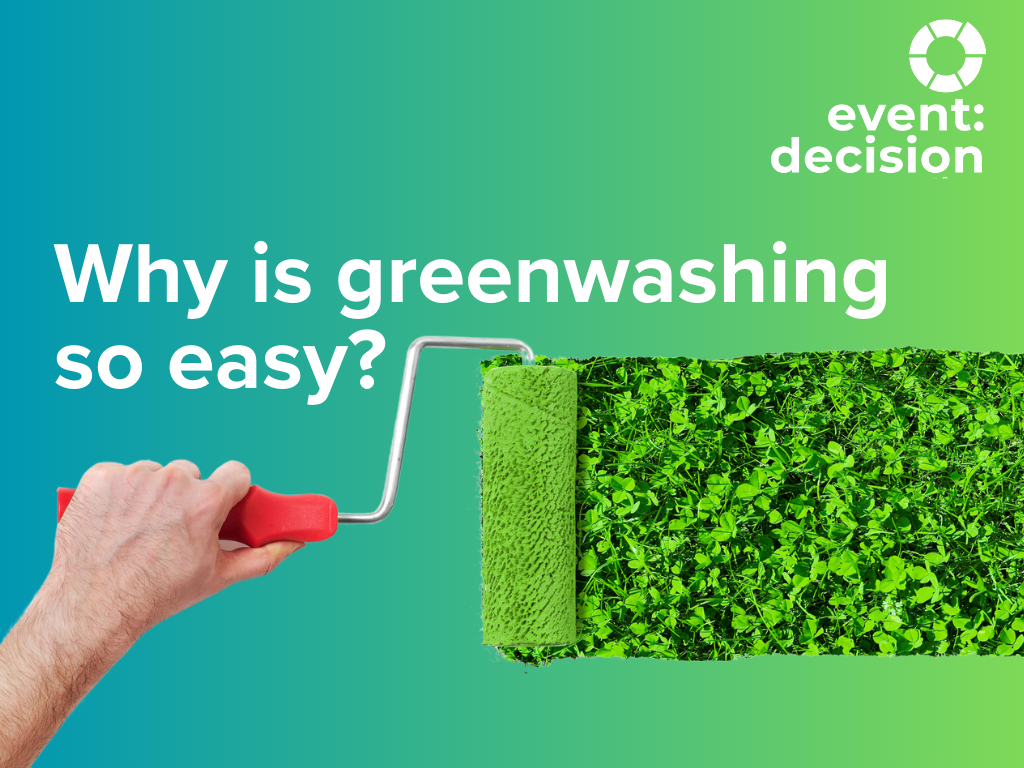Nudging Sustainable Behaviour in Events
Event organisers should think creatively about encouraging sustainable behaviour at events.
One approach that might be useful to encourage sustainable behaviour in events is the concept of ‘nudging’. Nudging, or nudge theory, is a tried and tested psychological technique that uses subtle cues to influence behaviour without limiting choice or imposing penalties for non-compliance. The idea behind nudging is to make it easier for people to make the right decisions by providing them with information and guidance. Nudging has been successfully used in lots of different fields, including health, finance, and environmental sustainability, to encourage people to adopt healthier, greener, and more sustainable behaviours.
Where are the areas in which nudging could be usefully employed in the events industry to encourage more sustainable behaviour?
- Promoting sustainable transportation: Encouraging attendees to use public transportation, carpooling, or cycling to get to the event can significantly reduce any event’s carbon footprint. This could be encouraged by providing attendees with information on the availability of public transportation options, as well as offering incentives for using sustainable transportation (see below). event:decision has recently partnered with travel demand management platform ‘You. Smart. Thing.’ to help organisers of events measure visitor travel impact and start to nudge visitors into more sustainable travel behaviours.
- Reducing waste: The events industry generates a significant amount of waste, which has a negative impact on the environment. By implementing a clearly-explained waste reduction program, event organisers can encourage attendees to recycle, compost, and reduce the use of single-use plastics. For example, providing recycling bins, composting stations, and reusable water bottles for attendees to use.
- Energy-efficiency: Energy consumption is one of the more significant contributors to the events industry’s carbon footprint. Event organisers could encourage attendees to be more energy-efficient by using low-energy lighting, air conditioning, and heating systems. Additionally, generic information could be provided on energy-efficient practices to encourage attendees to adopt behaviours.
- Sustainable food options: Food and beverages are a significant element of any event. By offering attendees sustainable food options, such as locally sourced and organic food, event organisers can encourage sustainable behaviours and reduce the events industry’s carbon footprint. Organisers could also provide information on the environmental impact of different food choices, through signage and packaging, to encourage attendees to make more sustainable decisions.
Incentives for behaviour
Event owners and organisers should also think about how incentives for sustainable choices could be built into the design of nudges to change behaviour. Some ideas could be;
- Sustainable transportation incentives: To encourage attendees to use sustainable transportation options, organisers could offer incentives such as discounted tickets for those carpooling, or discounts on event tickets for those on public transport. Organisers could also offer raffles or contests for attendees using sustainable transportation options, with prizes such as event merchandise, or tickets to future events.
- Green energy incentives: Organisers could offer incentives such as discounts on food and beverages for attendees who turn off their lights and electronic devices when not in use. Organisers could then provide information on the energy savings from these behaviours throughout the event, highlighting the positive impact on the environment.
- Sustainable food and beverage incentives: By offering more attractive prices for sustainable food and beverage choices, event organisers could encourage attendees to make more environmentally-friendly choices. Organisers can offer discounts on food and beverages for attendees who bring their own reusable containers for example, or for those who choose locally-sourced and/or organic options.
These are just a few examples of nudges that could be designed and implemented in the events industry to encourage sustainable behaviour. By making sustainable behaviour easier and more accessible, event organisers and attendees could significantly reduce the events industry’s carbon footprint and promote a more sustainable future.
To find out more about our carbon footprint and sustainability tool track, and how it can help plan and execute fully sustainable events, please get in touch. And find out more about our partnership with ‘You. Smart. Thing.’ too.

